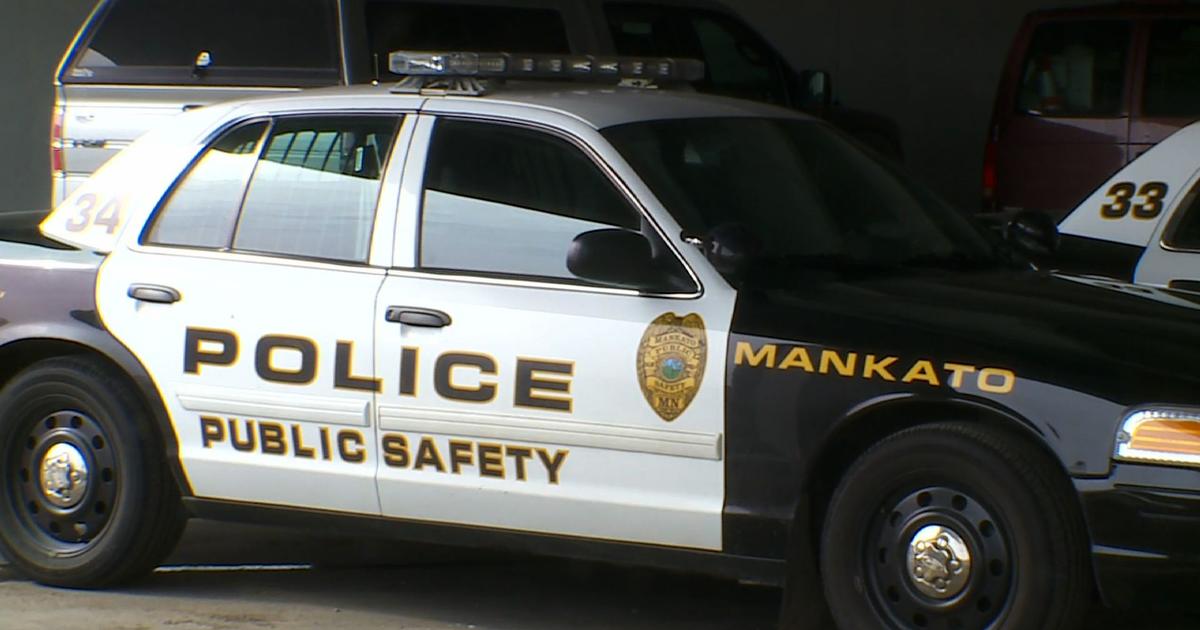American Society Of Civil Engineers Gives Minnesota 'D+' Grade For Roads
MINNEAPOLIS (WCCO) -- For Minnesotans who have been stuck in traffic, this should not be a surprise: the American Society of Civil Engineers have given Minnesota roads and highways a D+ grade.
In a 2018 Minnesota Infrastructure Report Card released Tuesday, the ASCE graded Minnesota in nine categories. Minnesota got a C in overall infrastructure.
While Minnesota's lowest score was for roads, the state's best grade was for aviation, like Minneapolis-St. Paul International Airport and other airports, which received a B. The report noted that the airports underwent $455 million in improvements.
For roads and highways, the group calculates that the average Minnesotan spends 41 hours in peak congestion's a year. That costs the average Minnesotan more than $1,300 in gas, lost time and car repairs due to wear and tear.
"Reliable infrastructure is key to preserving Minnesota's successful economy and high quality of life. Today's Report Card is a snapshot of how our infrastructure systems are faring and we still have a long way to go to bring them up to good standing," Jason Staebell, P.E., chair of the Minnesota Infrastructure Report Card Committee and president of the Minnesota ASCE Section, said. "We use our infrastructure systems daily to take us to work, deliver our goods, and provide clean water. It is time for Minnesota to fund and prioritize the networks that we rely on every day."
Bridges, dams, energy and wastewater received a grade of C. Ports received a C+, while drinking water and transit received a C-.
Among the findings:
• 5.4 percent of bridges in the state are structurally deficient, which is significantly below the national average.
• The majority of Minnesota's dams are over 50 years old and beyond their design life.
• The 20-year drinking water infrastructure need for Minnesota is $7.5 billion, and wastewater facilities require $236 million annually to fund upgrading and replacing treatment and collection systems.
• A $450 million investment is needed over the next five years to keep Minnesota's 50-plus public transit systems in working order.
• Public transportation throughout the state provides 111 million rides each year.
• Minnesota's summer demand for energy is projected to grow 0.85% each year for the next seven years.
Reacting to the news conference, prominent Republicans and Democrats, including Republican Representative Dean Urdahl and Democratic State Senator Scott Dibble, have different views on one fix the legislature came up with.
"We did establish a new fund taking a larger portion of the sales tax and dedicating it to transportation, from car rentals and auto repairs and things like that," Rep. Dean Urdahl said.
"That, of course, is very controversial because it takes from the existing general fund and the concern is that if it's not constitutionally dedicated, as soon as there is any pressure on the general fund for other general fund priorities, like health care, public safety, property tax relief, education, etc., transportation will lose out," Sen. Scott Dibble said.
The report card offers solutions to address infrastructure needs: "Recommendations include providing sustainable, long-term funding to modernize and maintain the state's transportation network, as well as implementing robust asset management programs across the infrastructure categories."
Nationally, Minnesota is above average. The national average is D+.



